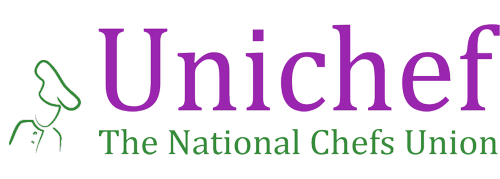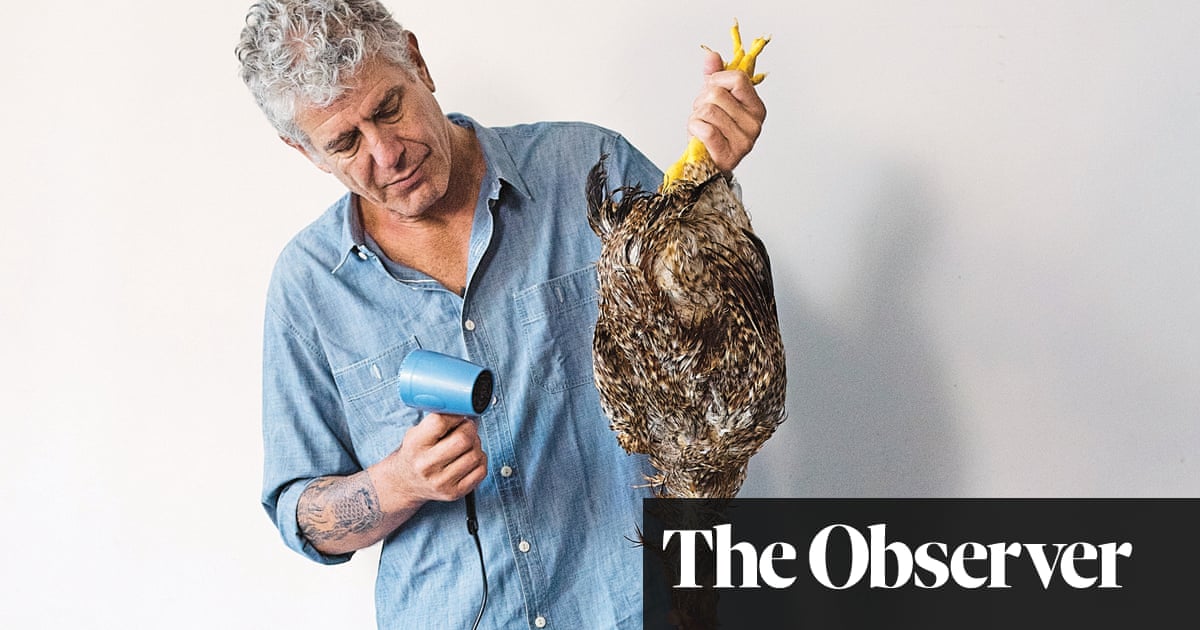During a lecture for my degree in addictions therapy the tutor said that there were certain professions that have a higher rate of addiction than others, chefs were mentioned as one of those.
No surprise then that in a class of twelve students, two of us had been chefs for over 20 years and had our own past substance misuse issues. Following that, during my experience working in residential rehabs I noticed quite a few clients were or had been chefs in the past. This got me thinking, I knew why I used to drink when I was a private chef, the pressure, the control, performance anxiety and need for perfection were all factors, but I wondered why it was that chefs as a group had higher instances than the general population of potentially harmful alcohol and drug use.
It seems the idea that chefs and substances are a perfect pairing has always been there, there were the drunken chef stereotypes even before television brought the early celebrity chefs to our living rooms, with a glass in one hand and a spatula in the other. Then, twenty years ago Anthony Bourdain’s “Kitchen Confidential” brought the industry’s dirty little secrets to the public eye, the exposure of the drug and drink fuelled kitchen culture didn’t do anything to stigmatise it, to the contrary, it seemed to glorify and normalise it and attracted a small army of celebrity hopefuls happy to be part of the macho anything goes kitchen culture. “it’s wrong, but “look at what I can do and what I can handle when I just have a few drinks / bump/ speed etc to get through service, then just have a splif to wind down and get some sleep so I can do it all again next shift.”
I think we all know that there is a high level of Alcohol and Drug use and misuse in the profession, and the question is why? Research has found that hospitality employees have significantly higher rates of risky alcohol and illicit drug use compared to other industries (Berry et al., 2007; Roche et al., 2008) and an Australian study found that hospitality employees are up to 3.5 times more likely than other workers to use alcohol or drugs at work or to attend work under the influence of alcohol or drugs (Pidd et al., 2011) and parallel research indicated that the prevalence of drug and alcohol misuse use among trainee chefs appears notably greater than the rates for the general population of the same age (Pidd et al., 2014).
There are a couple of schools of thought as to what factors contribute to this, one is that the users are mentally or physically predisposed to use substances, that they have an “addictive nature. The other is that it’s the environment that fosters the desire to use substances, in other words individuals use substances to deal with the pressures of the job, the stress, the heat, irregular hours, pressure, lack of sleep etc. Adding to that, staff often report high levels of on the job bullying and sexual harassment, ( Roche, Pidd, & Kosta- dinov, 2014,) so they may resort to using drugs and /or alcohol to reduce tension and cope with stress associated with this (Murray- Gibbons & Gibbons, 2007) . Another factor to consider is availability, most kitchens have adjacent bars/pubs and staff may be bought drinks, or the culture might be that its ok to drink a few beers during service or clean down. Workplaces may be located in an area where its relatively easy to obtain drugs or co-workers have a ready supply. Then, in accordance to social norms theory, peoples’ assumptions regarding acceptable levels of substance use based on un-written rules, mirroring collectively agreed-upon behaviours, attitudes and beliefs (Zhu et al., 2011). In other words, it is the monkey see, monkey do culture of “it’s no big deal, everyone’s doing it” … and so, before long almost everyone is.
In some work places there is a tradition of a couple of free drinks after service, and sometimes a few drinks after service continues on to other venues, and chefs catch up on a social life they would otherwise wouldn’t have, the cycle continues the next night and you are wondering how to get through service! If you cannot stand the heat, get out of the kitchen, or just do what everyone else is doing right?
Obviously, this is not the case in every kitchen but it's interesting how substance use became so accepted in the industry, But in the past couple of years it has been highlighted as something that is no longer acceptable, facilitated by some prominent chefs going public with their mental health and substance misuse issues and making real moves to change the axiom of turning a blind eye to substance use, and what can be a toxic work culture that results in some chefs relying on substances to function. There has been a number of peer support groups emerge to support those experiencing issues, Facebook groups and education re recognising those with poor mental health etc., also, an excellent US web page called “chefs with issues”
In an interview with The Guardian newspaper in 2017, a year before his death Anthony Bourdain opened up about his regrets, shame, and what he called his "unhappy soul" Bourdain reflected on his chaotic life in the kitchens, saying he had finally "put aside my psychotic rage, after many years being awful to line cooks, abusive to waiters, bullying to dishwashers. It’s terrible – and counter-productive – to make people feel idiots for working hard for you.” He also had acknowledged that he struggled with drug addiction and had a history of heroin use. (Bourdain's body was found in his hotel room in France. He is believed to have killed himself)
So, regardless of whether you are a newly qualified chef or veteran you will most likely come across the issue of substance use and its effects on your team. What we aim to do here is to provide resources to understand the issue and the ripple effects, from morale, lost productivity, health issues and workplace culture to recognising the signs when you or a colleague needs support, and where to get help and what’s available.
REFERENCES
Berry, J. G., Pidd, K., Roche, A. M., & Harrison, J. E. (2007). Prevalence and patterns of alcohol use in the Australian workforce: findings from the 2001 National Drug Strategy Household Survey. Addiction, 102(9), 1399e1410.
Murray-Gibbons, R., & Gibbons, C. (2007). Occupational stress in the chef profession. International Journal of Contemporary Hospitality Management, 19(1).
Pidd, K., Roche, A. M., & Buisman-Pijlman, F. (2011). Intoxicated workers: findings from a national Australian survey. Addiction, 106(9), 1623e1633
Pidd, K., Roche, A. M., Fischer, J. A., & McCarthy, C. (2014). Risky behaviours, risky work settings: the alcohol and drug consumption patterns, health and well- being of commercial cookery trainees. Journal of Health, Safety and Environment, 30(2), 301e311.
Pidd.K Roche.A. kostadinov.V. Trainee chefs’ experiences of alcohol, tobacco and drug use. Journal of Hospitality and Tourism Management. V 21. Dec 2014, 108-115
Roche, A. M., Pidd, K., Bywood, P., & Freeman, T. (2008). Methamphetamine use among Australian workers and its implications for prevention. Drug and Alcohol Review, 27(3), 334e341
Roche, A. M., Pidd, K., & Kostadinov, V. (2014). Trainee chefs' experiences of stress, bullying and coping in commercial kitchens. Journal of Health, Safety and Environment, 30(2), 259e269.
Zhu, J., Tews, M. J., Stafford, K., & George, R. T. (2011). Alcohol and illicit substance use in the food service industry: assessing self-selection and job-related risk factors. Journal of Hospitality and Tourism Research, 35(1), 45e63.
 Anthony Bourdain: ‘I put aside my psychotic rage, after many years being awful to cooks’ | Anthony Bourdain | The Guardian
Anthony Bourdain: ‘I put aside my psychotic rage, after many years being awful to cooks’ | Anthony Bourdain | The Guardian



Recommended Comments
There are no comments to display.